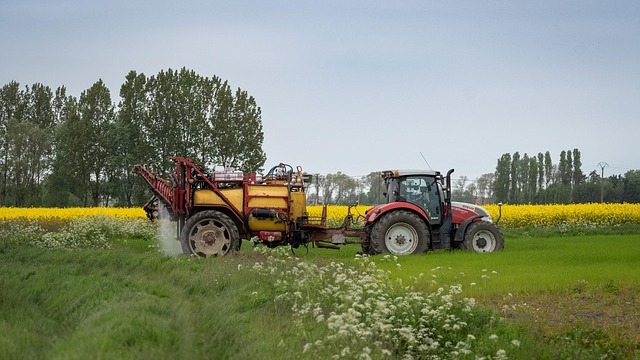
Understanding the National Farm Security Plan
On July 8, USDA Secretary Brooke Rollins unveiled the National Farm Security Plan, a significant initiative aimed at safeguarding America's farmland. This strategic decision underscores the importance of agricultural land as a national asset, particularly against foreign ownership threats. The plan especially focuses on interests tied to countries like China, Russia, Iran, and North Korea, reinforcing a commitment to protect these vital resources linked to national security.
Why Farmland Matters for National Security
The United States Government Accountability Office (GAO) recently highlighted increasing foreign acquisitions of U.S. agricultural land as a national security threat. Their recommendations are reflected in the USDA’s new initiative. Secretary of Defense Pete Hegseth emphasized this relationship: "Foreign ownership of land near strategic bases poses a serious threat to our national security." In a world where food security is tied directly to national stability, the right policies become paramount.
Agroespionage and the Threat Landscape
Recent revelations highlight a disturbing trend: Chinese entities have been involved in targeted acquisitions near military installations and have engaged in agroespionage to capture crucial agricultural technology. These incidents, including a USDA scientist’s unauthorized sharing of test results, depict a concerted effort to undermine U.S. food security through espionage. Secretary of Homeland Security Kristi Noem aptly stated, "Food policy is national security policy," emphasizing that self-reliance in food production is critical.
Key Elements of the Security Plan
The National Farm Security Plan is wide-ranging, addressing critical areas such as:
Secure and Protect American Farmland: This involves direct oversight on foreign ownership and enhanced transparency.
Enhance Agricultural Supply Chain Resilience: Refocusing on domestic manufacturing and planning for contingencies ensures that the country can continue producing food even when external pressures arise.
Protecting the U.S. Nutrition Safety Net: By preventing fraud and foreign exploitation, the plan aims to secure vital assistance programs and support for American families.
These steps are designed to fortify the American agricultural sector against external threats while reaffirming its crucial role in national defense.
The Broader Implications for Military Families and Veterans
For military families, understanding these developments is not just an academic exercise; it has real-life implications. Active duty service members, veterans, and their families should recognize how agricultural policies can affect their livelihoods and security. The military has long been interconnected with agricultural policies, primarily through the resources available in their respective locations and how food security impacts troop welfare.
By being informed about initiatives like the National Farm Security Plan, military families can contribute to discussions about national security in a nuanced way. A healthy agricultural economy means stable jobs for many, including military spouse jobs, and creates opportunities for entrepreneurship within military communities.
What This Means for Career Transitions
Military families transitioning from active duty to civilian life should consider how economic policies related to food security might affect job availability in agriculture-related fields. This opens the door for programs like AristaHire, which facilitate veteran transitions into civilian careers, emphasizing areas that align with the country’s push for greater food security and agricultural advancements.
Conclusion: Stay Informed, Stay Empowered
As the U.S. embarks on this new chapter with the National Farm Security Plan, staying informed is essential. Understanding how policies will shape our economy, food security, and military lifestyle enables military families to adapt and thrive amid these changes. Take charge by engaging with local agricultural initiatives, exploring new career paths, or advocating for policies that support both military and agricultural communities.
 Add Row
Add Row  Add
Add 




Write A Comment